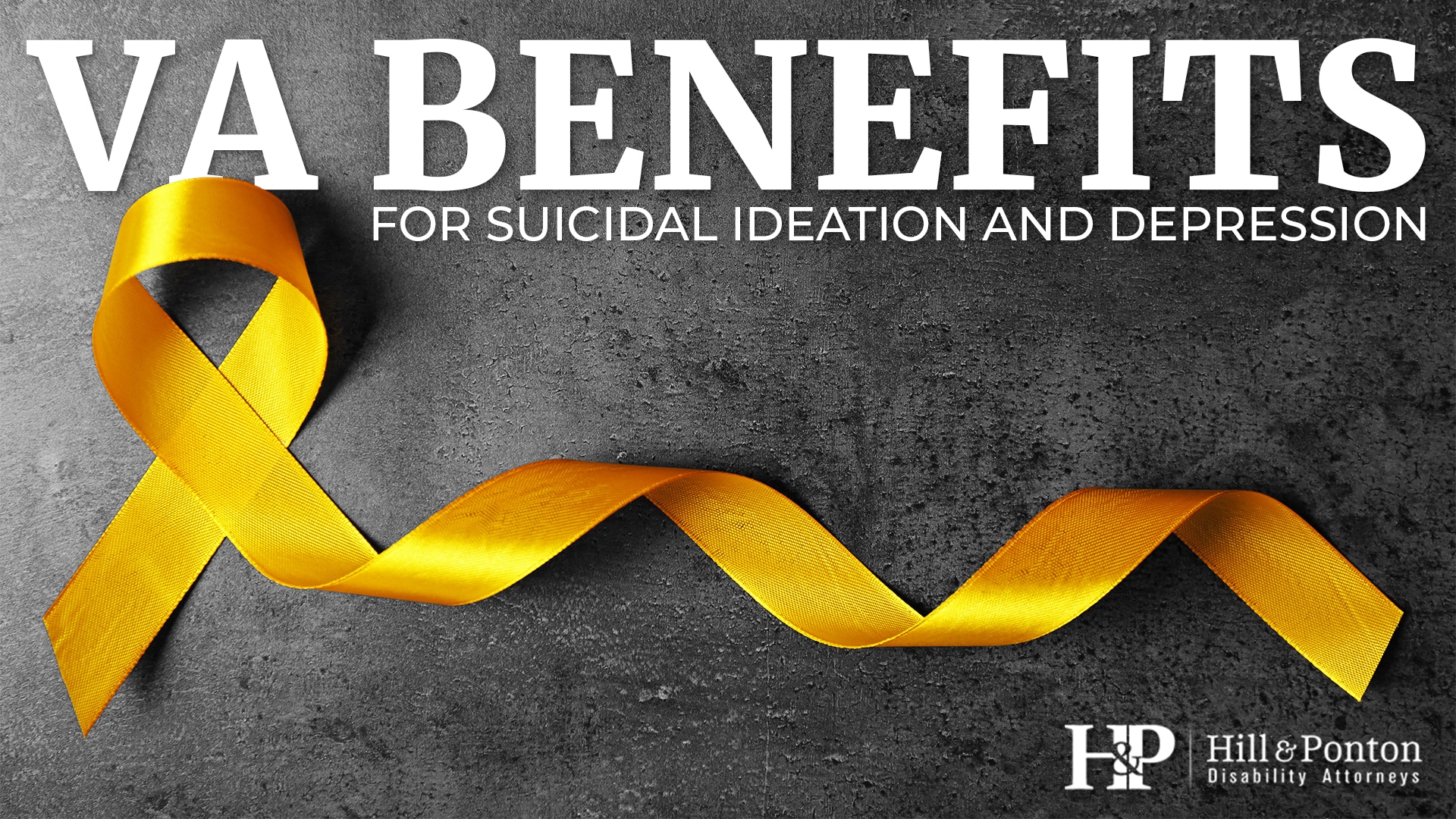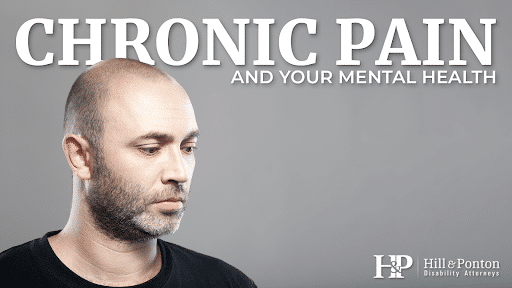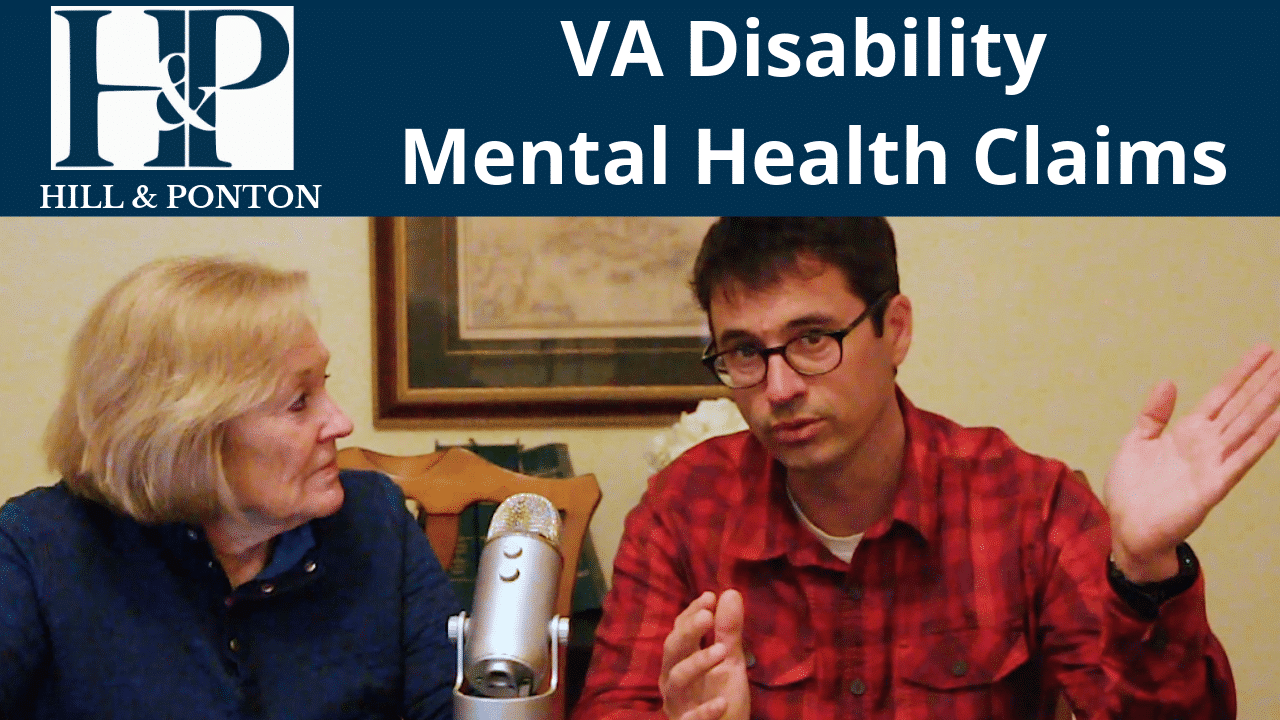An average of 17.6 veterans die by suicide each day, according to the United States Department of Veterans Affairs’ National Veteran Suicide Prevention Annual Report (2020). And while this rate is lower among veterans who seek care through the VA, former service members aren’t always seeking the help they need.
In military culture, mental illness is often seen as a weakness and is highly stigmatized. This is the reason why many active duty members and veterans do not seek treatment for their mental health condition.
However, by applying for VA benefits and seeking mental health care, veterans can receive the treatment they need to overcome their mental health challenges.
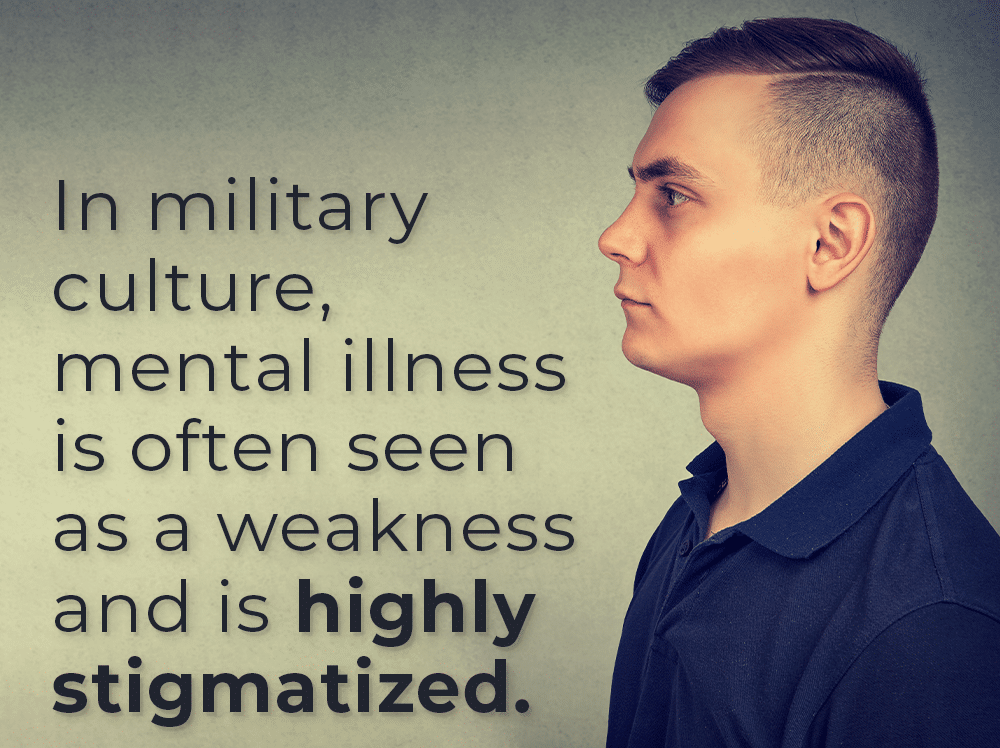
This guide will break down the basics of suicidal ideation, as well as resources for veterans.
Veterans seeking immediate help can call the Veterans Crisis Hotline at 1-800-273-8255 and view suicide prevention resources on VA.gov.
Suicide Risk Factors: PTSD and Depression
Post-traumatic stress disorder and depression are common mental health conditions among veterans, and these mental disorders have been found to be a risk factor for suicidal ideation.
PTSD
Post-traumatic stress disorder is a mental health problem that some people develop after experiencing or witnessing a life-threatening event, like combat, a natural disaster, a car accident, or sexual assault. PTSD and depression have been found to be a risk factor for suicidal ideation. Some symptoms of PTSD include:
- Feeling upset by thins that remind you of the traumatic event
- Feeling emotionally cut off from others
- Easy startle
- Having vivid nightmares, memories or flashbacks of the event
- Concentration issues
- Sleep disturbance
- Irritation or angry outburst
- Feeling numb or losing interest in things that were once enjoyable
- Suicidal ideation
What is suicidal ideation?
Suicidal ideation is thinking about, considering or planning suicide. Studies have shown that suicide risk is higher for vets with PTSD.
If you have been diagnosed with PTSD or any mental health condition, you may have come across the words “suicidal ideation” in your medical records. Suicidal ideation is thinking about, considering or planning suicide. Suicidal ideation is a symptom that is included in the VA Rating Schedule for Mental Health Conditions. The VA considers the presence of this symptom when making a determination for your VA disability rating for PTSD, anxiety, major depressive disorder, schizophrenia, and other mental health conditions.
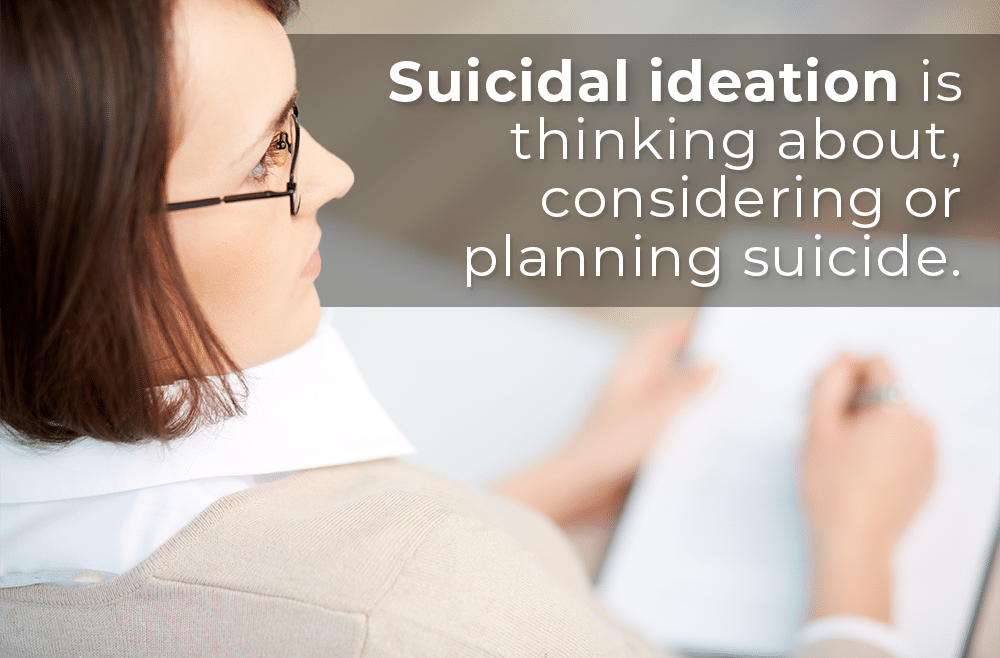
Studies have shown that suicide risk is higher in veterans with PTSD. Many veterans have disturbing thoughts that bring them back to the original traumatic experience. It is important to know that these experiences do not have to be combat related. Some veterans will experience PTSD or depression that was caused by personal assault or military sexual trauma (MST).
Depression
Depression is having feelings of severe despondency and dejection. Some symptoms of depression include:
- Feeling sad or hopeless
- Losing interest or not getting please from most daily activities
- Gaining or losing weight
- Sleeping too much or not enough almost every day
- Feeling tired or as if you have no energy almost every day
You can read more about PTSD and depression in our blog article “How VA Rates PTSD and Depression”.
Applying for VA Benefits
Applying for VA benefits can provide veterans the financial support and mental health treatment they need. This comes in the form of disability compensation and VA health benefits. If you’re experiencing suicidal ideation or psychiatric issues, these services can be critical. However, navigating the VA claims system can be challenging. We’ll break it down below.
Veterans who are interested in applying for benefits, health or compensation, would need to first check to see if they are eligible for benefits by defining what it means to be a “Veteran.” To be eligible for VA benefits, there are certain criteria someone must meet and just serving in the armed services is not enough to qualify. The first definition is that the Veteran must have served in 1) military service, 2) active duty, and 3) was discharged other than dishonorable.
When filing a VA disability claim for compensation or health care benefits, you will need to establish service connection. This shows that your mental health condition, like PTSD or depression, resulted from your time in the service. In some cases, psychiatric disorders like depression result from other health conditions. This is called secondary service connection.
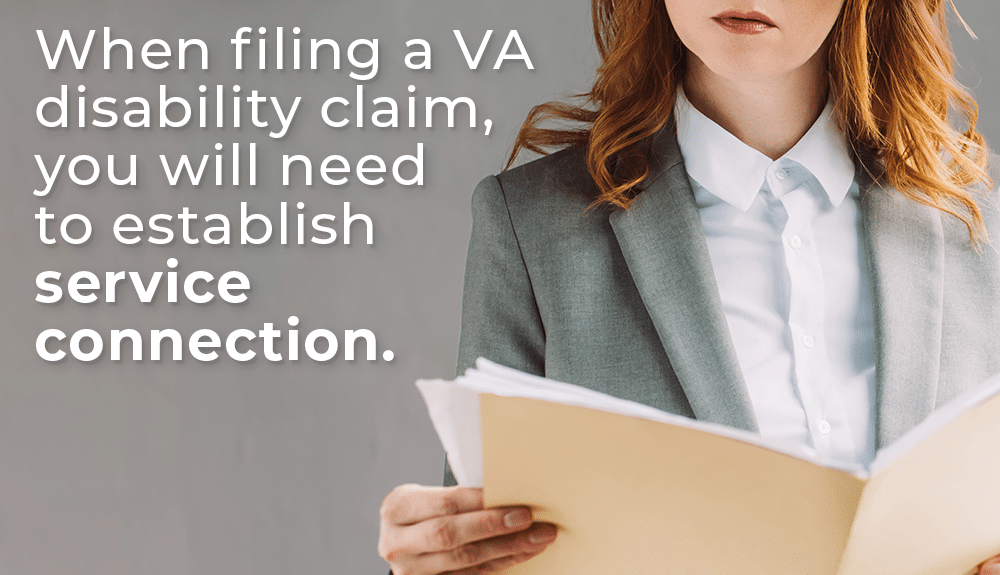
VA Ratings for Suicidal Ideation
If you determined that you’re eligible and have filed a VA disability claim for mental health, you should know that the VA will rate your disability according to the severity and frequency of your symptoms. The VA uses the General Rating Formula for Mental Disorders (38 CFR § 4.130) as rating criteria when awarding these ratings.
If you suffer from suicidal ideation or near-continuous panic or depression affecting your ability to function, you may be entitled to a 70% disability rating.
However, the VA will need evidence when making a rating decision. The only way that the VA will know about the severity and frequency of your mental health condition is if this is documented in your medical records. It will also help to have lay statements from your friends and family members to show the presence of suicidal ideation. You will be able to submit this evidence in support of your veterans disability claim. Your entitlement to disability benefits may depend on this lay and medical evidence.
Applying for VA Health benefits
If you aren’t eligible for VA compensation benefits, you may still be eligible for health benefits.
If you or a Veteran you know is experiencing any sort of mental or physical health issues, getting them enrolled in the VA Health program would be a priority over applying for compensation benefits. This may be the case if a veteran has active suicidal ideation, as the risk of suicide is greater. Prompt medical care or hospitalization can ensure that the veteran is safe.
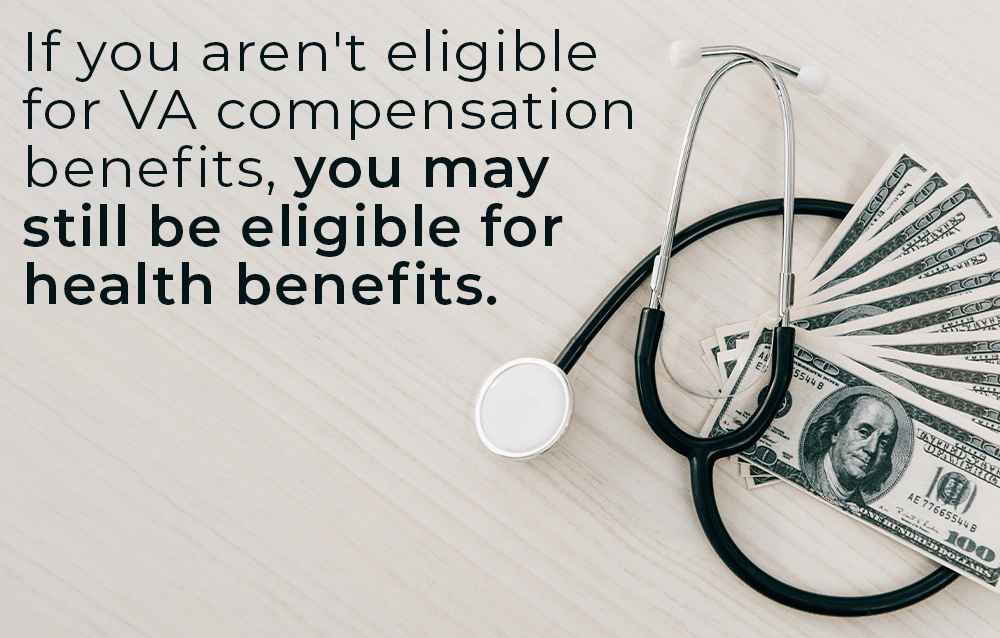
Often times, untreated physical health issues can lead to a mental health crisis, such as depression from chronic pain or an inability to maintain a job or get relief due to lack of medical care. To see if you are eligible for VA Health benefits, you can go to VA.gov.
You can also apply for benefits directly online at eBenefits. At the eBenefits website you can start the application process for VA Health, compensation, education, and Vocational Rehab programs.
Pursuing a Disability Claim: Tips for Veterans
Here are some general tips to help you navigate the VA claims process.
- Depression is very real and should be recognized and treated accordingly. Keep a diary of your symptoms and talk to your doctors about the symptoms. Suffering in silence is not the answer.
- Ask your friends and family members to keep a list of your symptoms (along with the frequency), and discuss with your doctors. Sometimes friends and family can provide valuable and unique insight into your situation. When you’re the one suffering, it’s hard to see the forest past the trees.
- Depression is frequently caused by chronic pain. If you are service connected for a physical condition that has resulted in depression, you should consider filing for secondary service-connected benefits.
- It is common for veterans with PTSD to suffer from depression, which then results in substance abuse. If you develop secondary conditions as a result of the substance abuse, those may also be secondarily service-connected.
- If you are in crisis or know a veteran or family member who is, it is never too late to reach out and get help. The Veterans Crisis Line is a great resource for veterans and their families, and is available via phone and the web.
The sad truth is that it actually takes tragic events of this magnitude in order for these issues to come to light. However, it is my hope that the newfound attention will somehow bring much needed help to veterans and their families. The charge for real change should start today.
Seeking Immediate Help Help
First, if you or a Veteran you know is currently experiencing symptoms that include suicidal thoughts, thoughts of self-harm, or thoughts of harming others, waiting may not be an option.
- Call 911 if you or someone you know is in immediate crisis.
There are immediate avenues that can also be pursued.
- Veterans Crisis Hotline at 1-800-273-8255
- local community crisis centers and referrals are available through any crisis hotline
- your local hospital
- Your local VA Service center
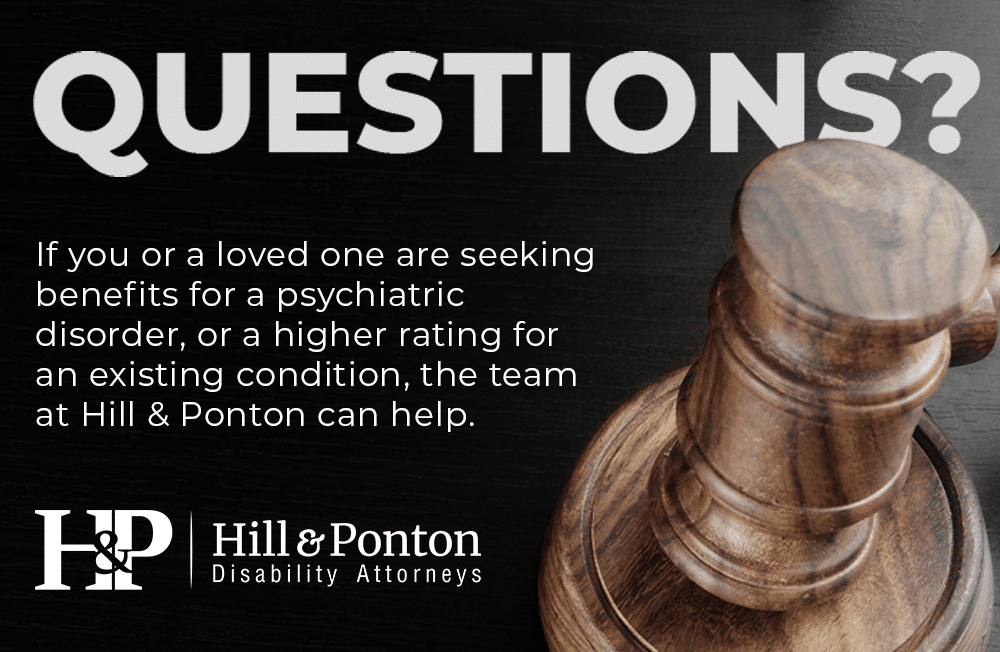
Have Questions About The Veterans Claims Process?
Mental health conditions are serious, and you deserve the help you need. If you or a loved one are seeking benefits for a psychiatric disorder, or a higher rating for an existing condition, the team at Hill & Ponton can help. Prioritizing attorney-client relationships, our social security and veterans disability law firm is available to provide legal advice and help you navigate the VA’s appeals process. Contact us today for a free case evaluation.
